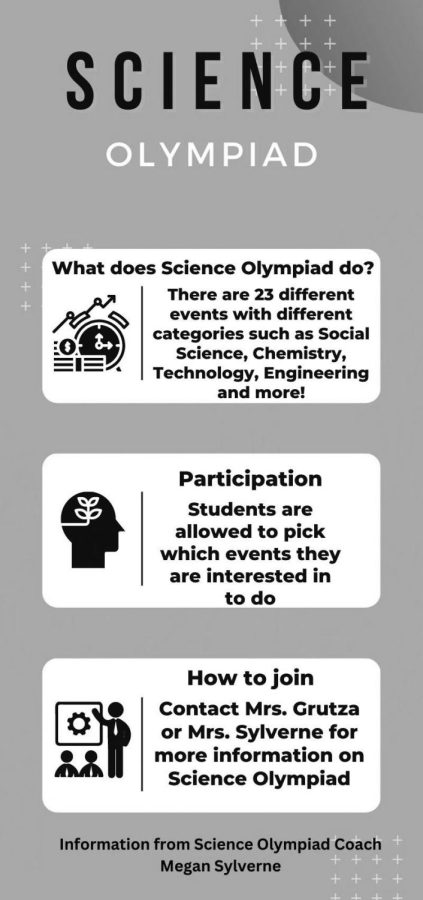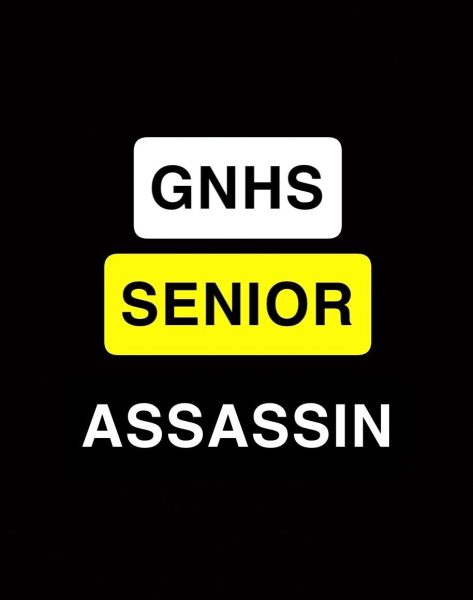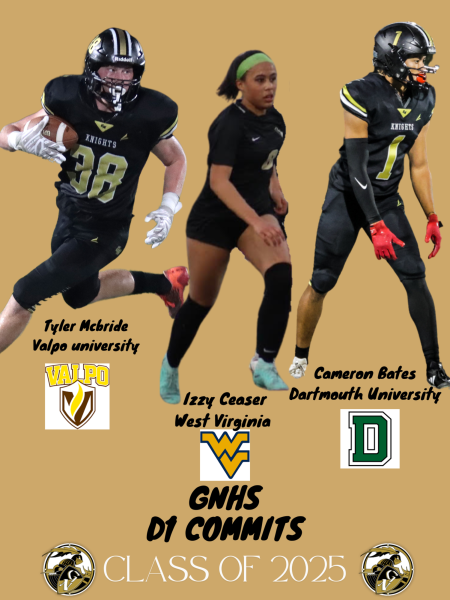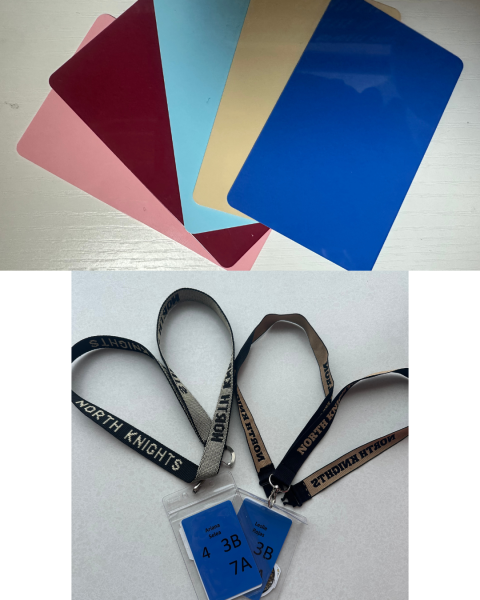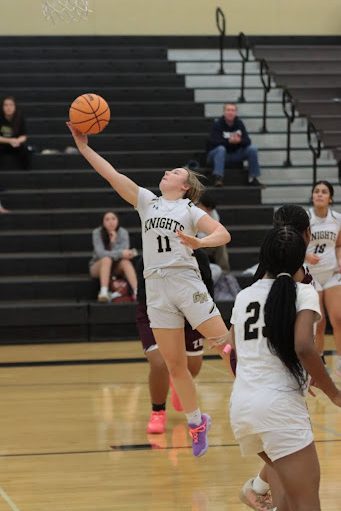Science Olympiad medals in Regionals
Science Olympiad went to their Regional competition on March 4 and medaled in five events at Regionals.
“Overall, we did very well. We medaled in five events at Regionals. We actually took first place in the Flight event and medaled in this for all competitions we were at. We received medals at
Regionals in Disease Detectives, Flight, Green Generation, Experimental Design, and Fermi Questions,” said Science Olympiad coach Megan Sylverne.
Science Olympiad allows students to take part in several events of different categories that interest the students.
“Science Olympiad is made up of 23 events categorized into three event types–Study, Build, and Laboratory—that determine how the competition runs. These events cover the various fields of earth science, chemistry, biology, physics, and engineering. The official rule packet details what students are expected to know or build for competitions. Based on how well students perform against other schools, they have the opportunity to medal in individual events and as a team,” said junior Natalie Krebs.
Goals for the Science Olympiad team consists of placing and medaling at the events they are competing in.
“We definitely always have a goal for students to medal in their events at our competitions, and the true goal at the end is to try to qualify for State. Unfortunately due to COVID, our team was smaller this year, so another goal would be to recruit more members so that we can be more competitive in future years,” Sylverne said.
The season for Science Olympiad has already ended, but students are encouraged to join Science Olympiad next year and to contact the team coaches for more information.
“Anyone can join the Science Olympiad team; we love new members! Students can participate in as many or as few events as they would like. With 23 different topics, there is bound to be something in Science Olympiad that interests you. Our 2022-23 season just wrapped up, but we meet on Thursdays after school. Students can ask their science teacher or the Science Olympiad coaches, Mrs. Grutza and Mrs. Sylverne, for more information,” Kreb said.

